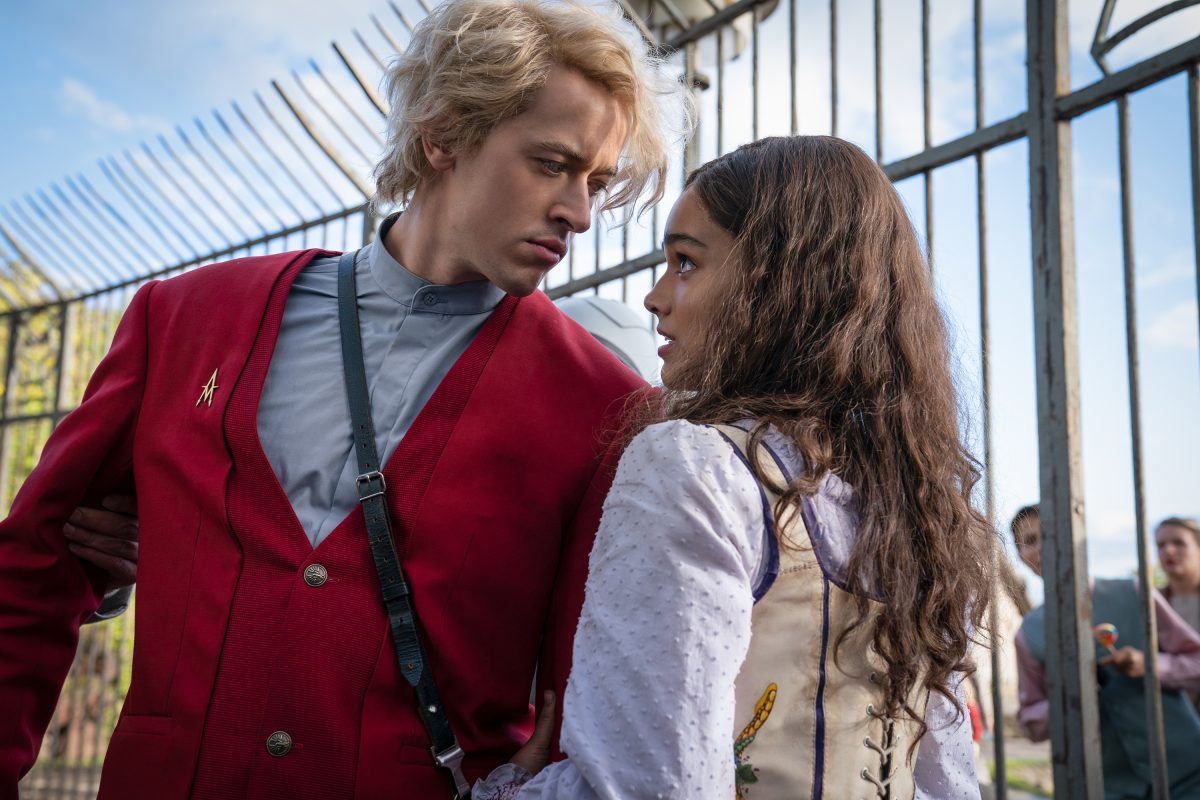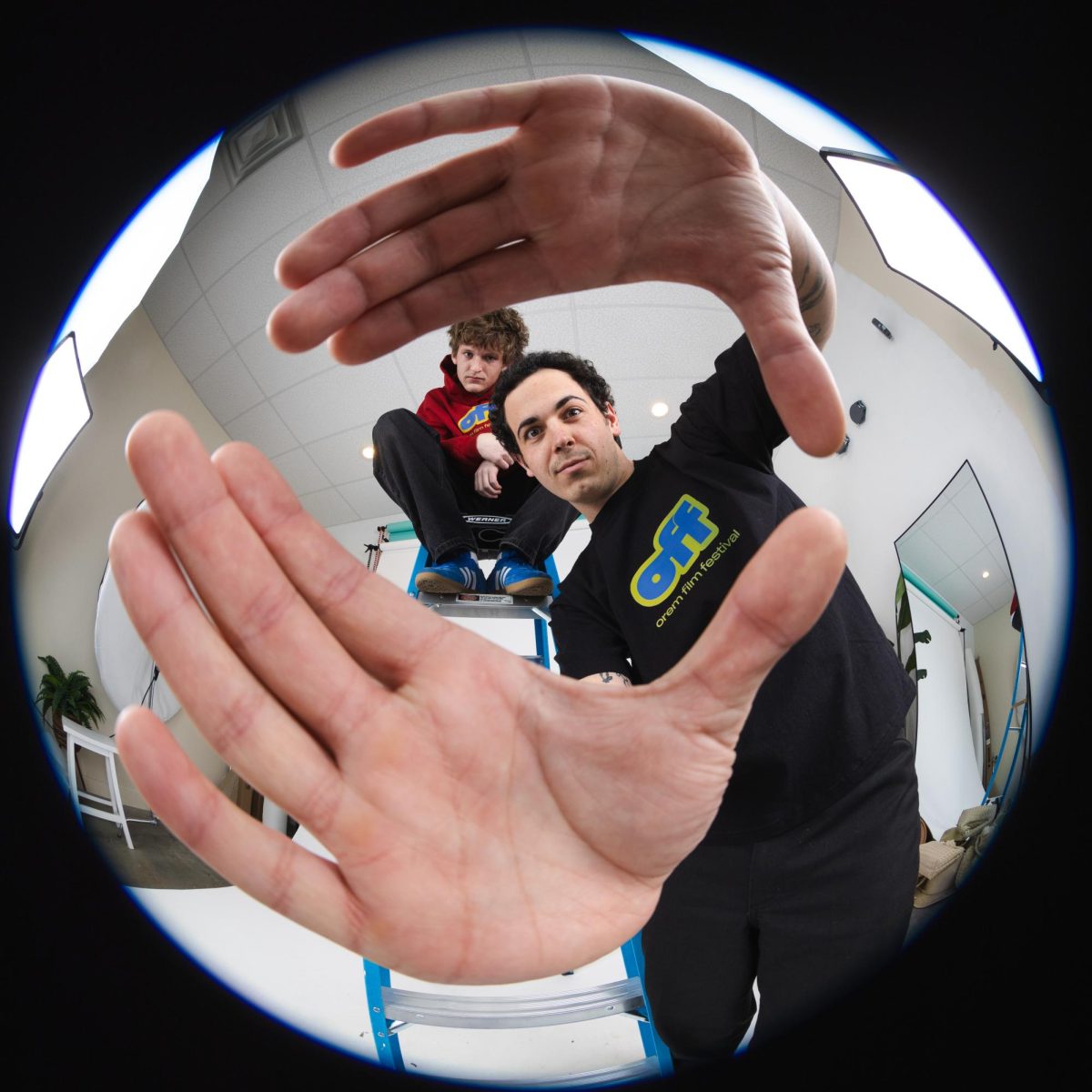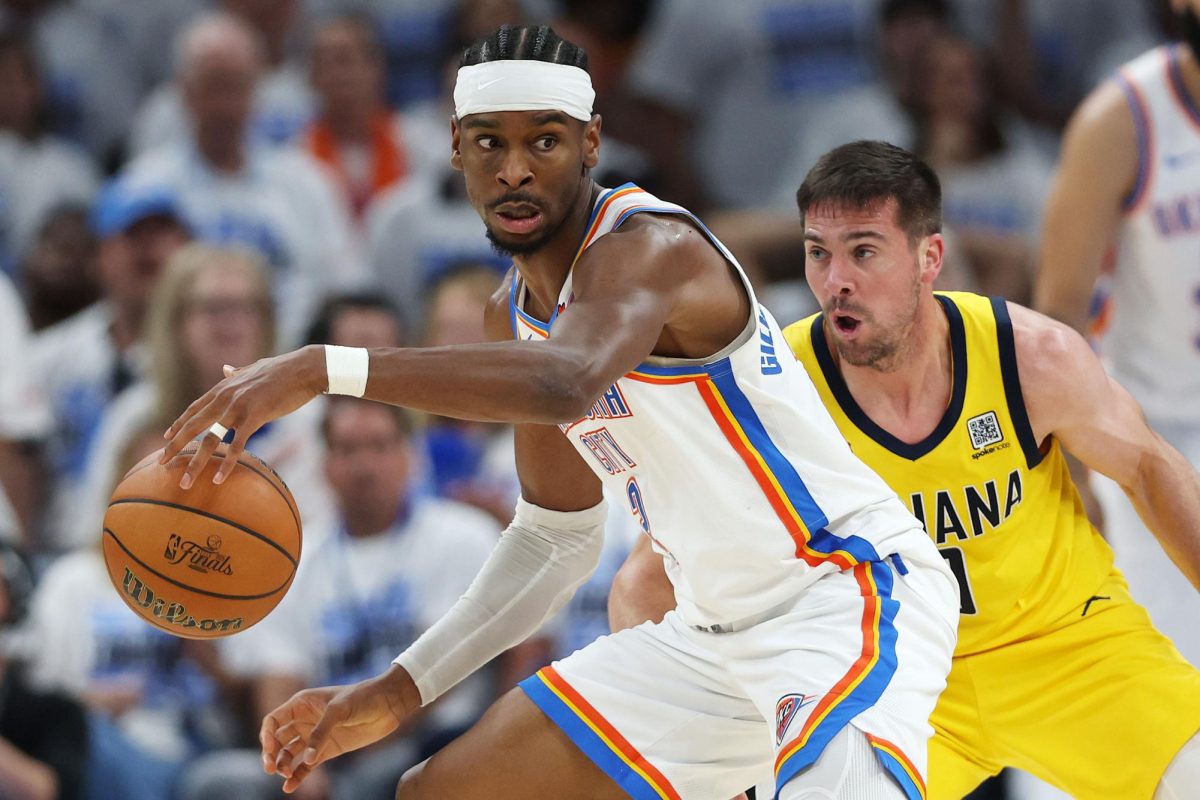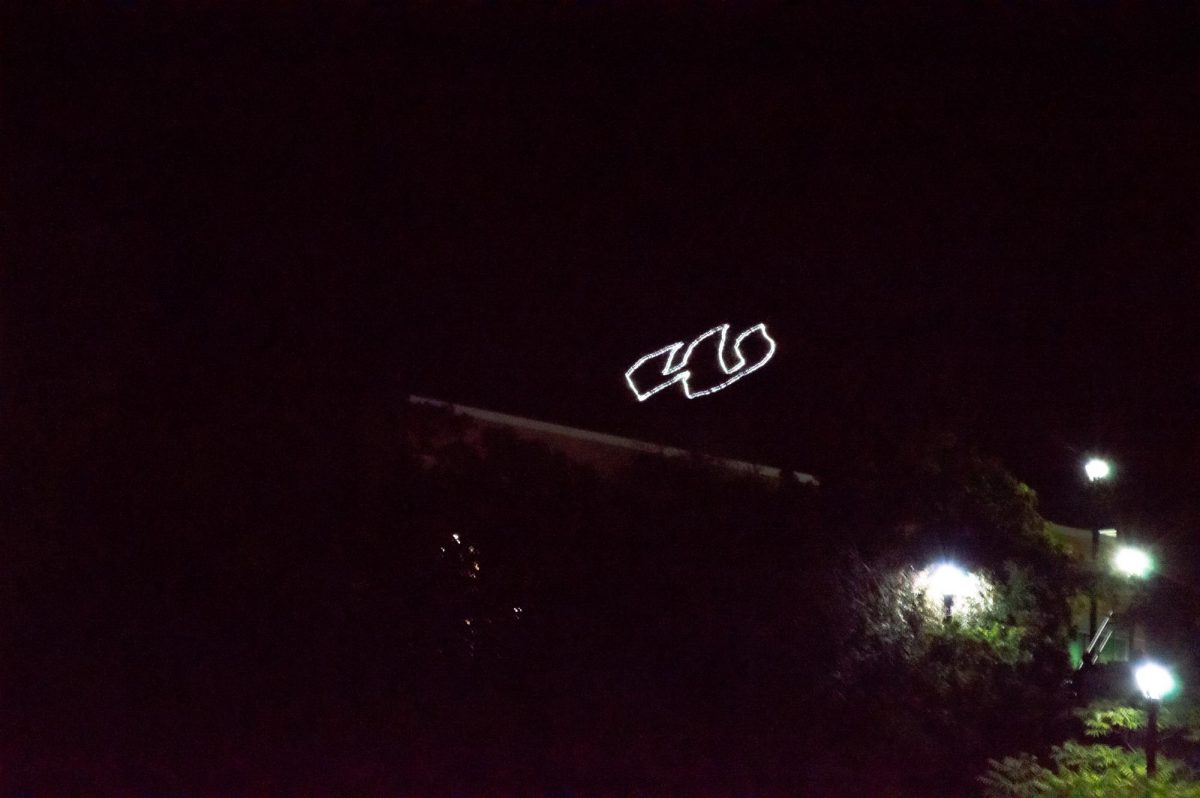“The Hunger Games: The Ballad of Songbirds and Snakes” was released in theaters on Nov. 17, allowing fans to experience the world of Panem on the big screen for the first time since 2015, in the conclusion of the original “Hunger Games” movies.
The movie follows 18-year-old Coriolanus Snow, played by Tom Blyth, as he begins to make choices and adopt the worldviews that ultimately lead to him becoming the villain we know and expect from the original “Hunger Games” movies and books.
The movie is based on the book “The Ballad of Songbirds and Snakes,” by Suzanne Collins, which was released in 2020. Here’s how the movie held up in comparison to the book. I will not give away the ending for either the book or the movie, but there may be small spoilers ahead.
I’d like to start by saying that I usually believe that the book is better when it comes to film adaptations, and this book is no exception to that. However, I want to give the movie credit for doing the best that it could given how large of a story it was trying to recreate.
At a staggering 517 pages, it would be difficult to include everything that happened in the book. The film itself already lasts 2 hours and 38 minutes, yet there were still crucial details that did not get added.
The largest difference, and the one I feel made the most impact, was that the movie made it seem like Snow had less of a choice in his own downfall. The book made it very clear throughout the plot that Snow was consistently making choices that diminished his moral credibility. At the beginning, the reader tends to root for Snow, but gradually loses that connection as he becomes paranoid and egotistical. This is because we see him make choices that show his insecurities from the beginning.
With every choice, Snow has the option of disregarding the Capitol’s ways. He is introduced to a number of philosophies about human nature and control. His tribute and lover, Lucy Gray Baird, (played by Rachel Zegler in the movie,) shows her faith in human nature and yearns to leave the controlling grasps of Panem. His friend Sejanus Plinth, (portrayed by Josh Andrés River,a) is open about his disgust at the Capitol killing district children to establish their authority and control.
Despite hearing these different viewpoints, Snow still chooses to follow in the Capitol way of life, disregarding the ideas of the people who should’ve been the most important to him.
The movie does not really play on this idea as much as I thought it should. Without hearing Snow’s inner thoughts, like what is shown in the book, the audience has a harder time seeing that Snow is already morally gray from the very beginning. I believe he seemed kind and compassionate in the first half of the movie, whereas in the book, he still holds subtle ideas and beliefs that tip the reader off about how he is biased and bigoted towards the districts.
To put it this way, in the book, I realized that Snow was an awful person the whole time. In the movie, I was rooting for him much farther along in the story than I should have. And I think this is largely because we don’t get a sense for just how manipulative he can truly be in the movie.
For example, the book clearly lays out that Snow is using Sejanus to get to his family’s fortune. He acts like he is a good friend, even going so far as to tell Sejanus he sees him as a brother. He endears himself to Sejanus’s mother, who essentially sees him as one of her own. But all the while, we see that it is all a tactic to try and increase his own chances of success.
The movie only mentions Snow’s tolerance for Sejanus at the very beginning, but it seems like they are friends for the majority of the film.
In addition to this, Sejanus’s character gets really watered down in the movies because of all the details that they had to leave out. It is mentioned that he is originally from District 2, but I feel like the angst of him not belonging anywhere really stood out more in the book. Snow is constantly being pushed into danger due to Sejanus’s actions in the movie, which is true for the book, but I feel without the other interactions they have, there is less meaning to their complicated relationship.
A last critique I’d like to touch on is the loss of discussion about philosophy that was so prevalent in the book. Collins creates such a great debate between different schools of thinking on human behavior and government, referencing ideas from Thomas Hobbes, John Locke and Jean-Jacques Rousseau.
In the author Q&A with Collins featured at the end of the book, she talks about how Dr. Gaul, the head Gamemaker, passes along to Snow the Hobbesian idea that humans are inherently ruthless toward each other and need strict political authority to control them. Lucy Gray and Sejanus, on the other hand, are meant to represent John Locke’s ideas that all humans are created equal and that no one has the right to impede on another.
With the loss of these discussions, I feel that the movie feels a bit “dumbed down” for movie audiences. I thought Snow considering all of these ideas was a really great way to show his descent, so losing that was a little bit disappointing.
These things being said, I do love this movie and I think it did a really great job at telling this story.
Rachel Zegler’s version of “The Hanging Tree,” was amazing. Lucy Gray has an accent, which is finally a representation of the “District 12 accent” that Collins mentioned in the original books, and that we didn’t get to hear in the movies. All of her songs were amazing and she did a great job at bringing Lucy Gray to life.
I feel this way about most of the cast. Hunter Schafer as Tigris Snow was an excellent choice, and both Peter Dinklage and Viola Davis are haunting in their respective roles of Dean Casca Highbottom and Dr. Volumnia Gaul.
It was great to relive the excitement that the original “Hunger Games” trilogy brought. Even if you haven’t read the book, I think this movie is still a must see if you ever had any interest in the original books or movies.
If you’ve watched the movie, but haven’t read the book, I strongly recommend it. 517 pages seems like a lot but it is one of those books that is impossible to put down, and it’s a pretty fast read.
Enjoy reading and watching, and may the odds be ever in your favor.















